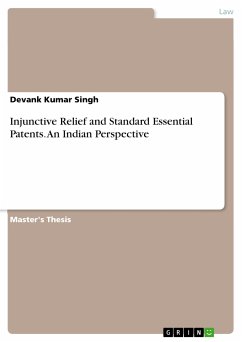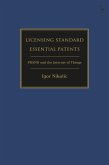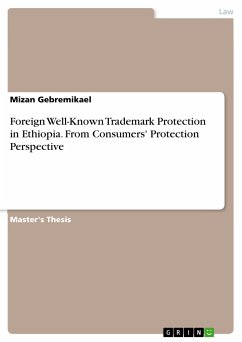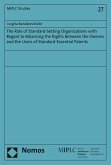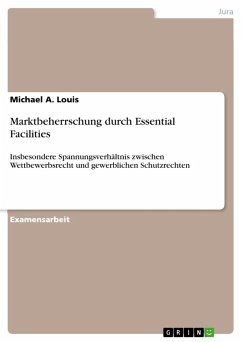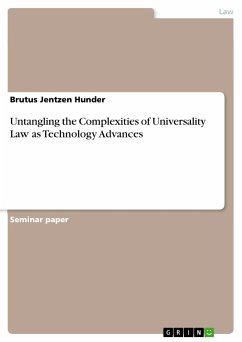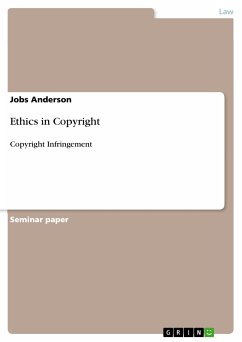Master's Thesis from the year 2020 in the subject Law - Media, Multimedia Law, Copyright, grade: 10/10, , course: LL.M. in Intellectual Property and Technology Laws, language: English, abstract: This dissertation explores the intricate world of Standard Essential Patents (SEPs) and their effects on the technology sector, with a particular emphasis on the Indian legal system. Recent conflicts have made SEPs, which include patents essential to industry-adopted technical standards, a significant component of the technology sector. Standardization has several advantages, including interoperability and cost savings, but it also carries the possibility of the "hold-up" issue. In this situation, SEP holders might demand outrageous royalties from implementers by abusing their influence in standard development. Standard Setting Organizations (SSOs) mandate that SEP owners license their patents under FRAND conditions in order to remedy this problem. However, the lack of defined legislation governing SEPs creates a specialized area where de-facto judicial orders and de-jure SSO norms have a substantial impact on establishing ordinary practice. The dissertation is divided into four sections to fully examine the subject. The obligations of SEP holders and the viability of FRAND conditions are examined in Part I. Part II explores the mechanisms of patent hold-up and hold-out while attempting to be fair. In order to unify methods worldwide, Part III performs a comparative review of injunctive relief rights and liabilities in the USA, the EU, and India. Last but not least, Part IV suggests the best course of action for India's injunctive relief on SEPs, taking into account the country's expanding economy and reliance on technology imports. The ultimate objective is to strike a balance that encourages fair access to standard technology, benefits Indian consumers and producers, and reduces the possibility of monopolistic tendencies. This study intends to provide the Indian regime with useful modifications based on the lessons learned from the experiences of other jurisdictions in order to promote a just and vibrant innovation sector there.
Dieser Download kann aus rechtlichen Gründen nur mit Rechnungsadresse in A, B, BG, CY, CZ, D, DK, EW, E, FIN, F, GR, HR, H, IRL, I, LT, L, LR, M, NL, PL, P, R, S, SLO, SK ausgeliefert werden.

